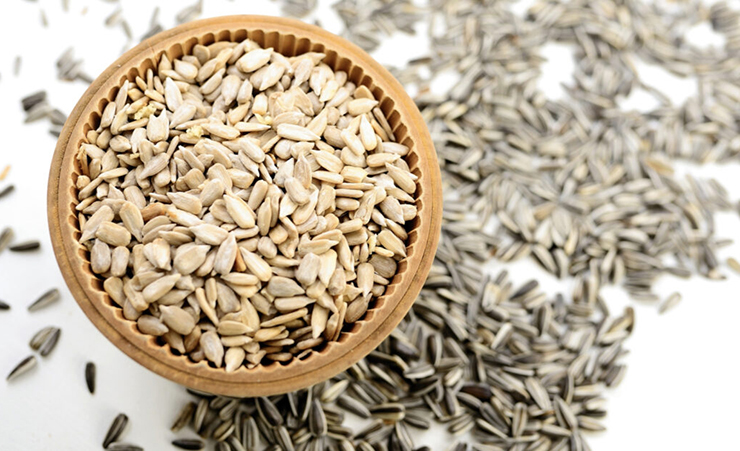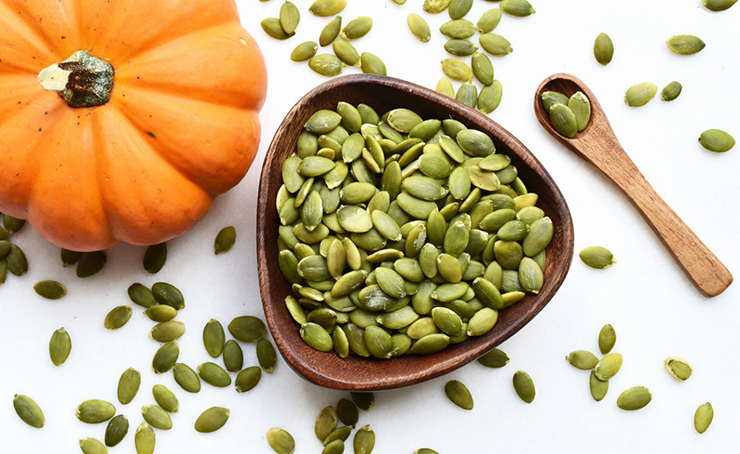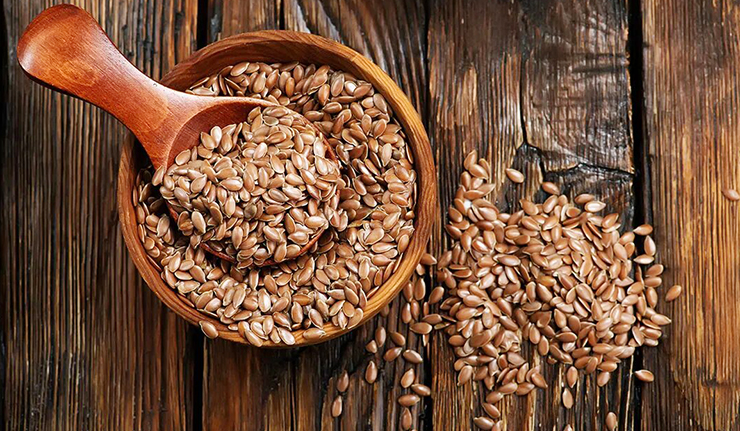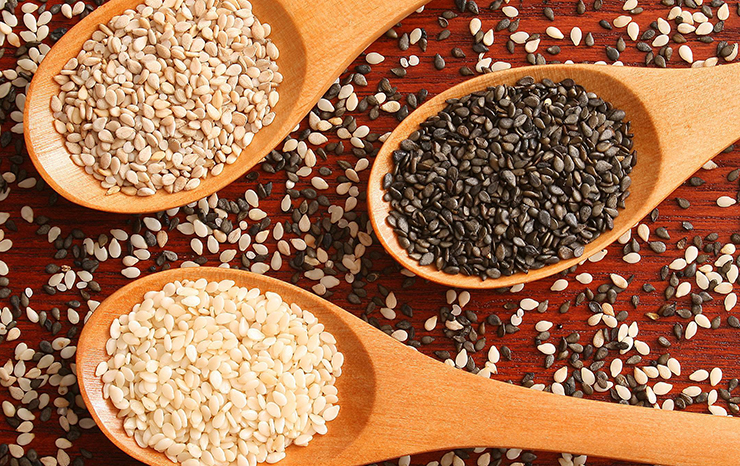
Seeds in Salad as a Part of Your Daily Ration – The Fashiongton Post
The nutritionists at The Fashiongton Post repeatedly prove that for the salad dressing it’s better to use not the oil itself, but the seeds from which it is made. Same as oil, seeds contain fats, but they benefit because retain all the substances that are useful for your body.
It’s best to put raw seeds in the salad, so that the fats they contain wouldn’t oxidize. However, roasted seeds are more aromatic than in raw, so if you prefer them in such a form, you should fry them on a hot pan very quickly, during the short period of time. In order for the body to more effectively absorb the beneficial substances contained in the seeds, they can be crushed. Grated seeds can be sprinkled on a salad, you can mix them with spices, lemon juice, or balsamic vinegar. Sunflower seeds, pumpkin seeds, flax seeds, sesame seeds — today we will advise which of them are the most useful and why!
Sunflower seeds
Sunflower seeds are an excellent source of healthy fats as they contain as much as 80% fat. In addition, they also possess vitamin E, which is a powerful antioxidant, 22% of protein, copper, selenium, zinc, potassium and vitamin B1.
100 g of sunflower seeds contain 585 kcal.
Pumpkin seeds
Pumpkin seeds contain iron, phosphorus, magnesium, potassium, manganese. However, the most valuable substance in the composition of pumpkin seeds are phytosterols — fatty acids, very similar in structure to cholesterol, but not that harmful. Phytosterols lower cholesterol levels in the body. In addition, pumpkin seeds are high in fiber and protein.
100 g of pumpkin seeds contain 446 kcal.
Flax seeds
Alpha-linoleic acid is the main reason for sprinkling flaxseeds on your salad. This acid has strong anti-inflammatory properties. In addition, the reddish seeds contain phytoestrogens called lignans, which have particular benefits for women’s health. Flax seeds are also high in fiber, so they will help to improve the functioning of the gastrointestinal tract.
100 g of flax seeds contain 534 kcal.
Sesame seeds
Sesame seeds, same as flax seeds, contain lignans. Moreover, those are the special ones which are not found in any other products — sesamin and sesamolin. They help stabilize cholesterol levels, protect the heart and blood vessels, and also support liver function. Among other things, sesame contains a lot of magnesium, copper and calcium. Sesame seeds, with all their variety of colors (in addition to the usual white sesame seeds, there are also red and black ones), will undoubtedly decorate your salad, and if they are fried, they will crunch nicely.
There are 610 calories in 100 g of sesame.


